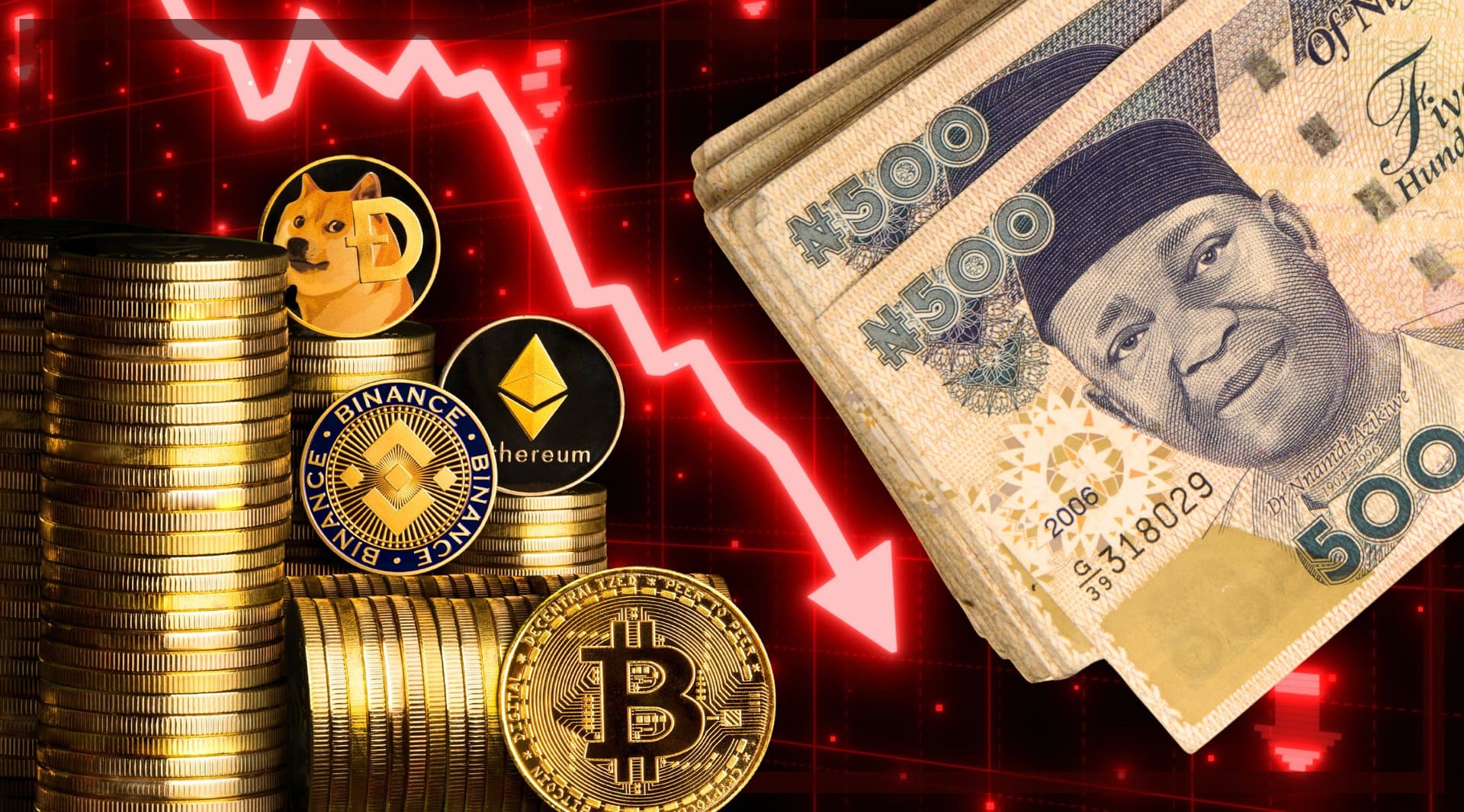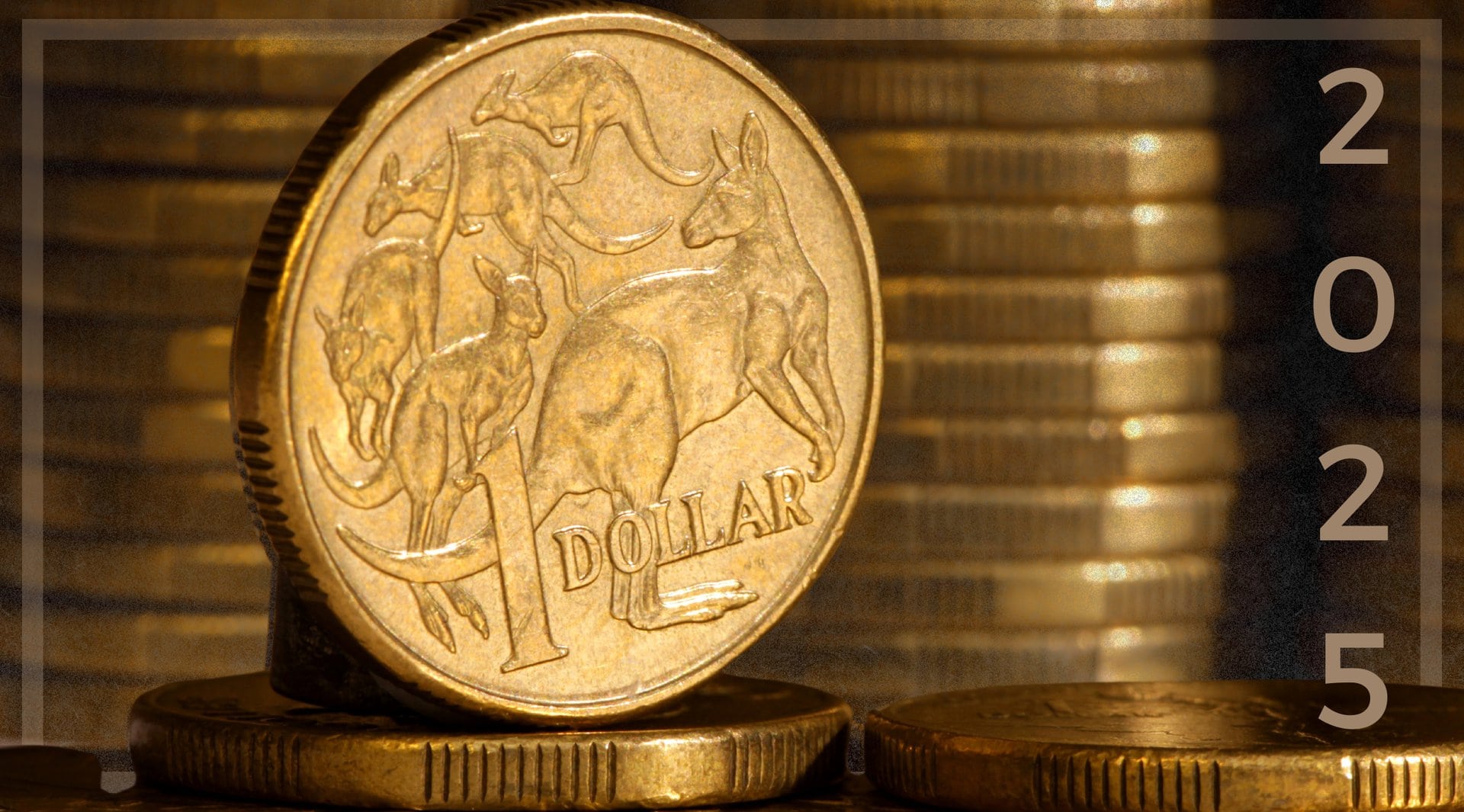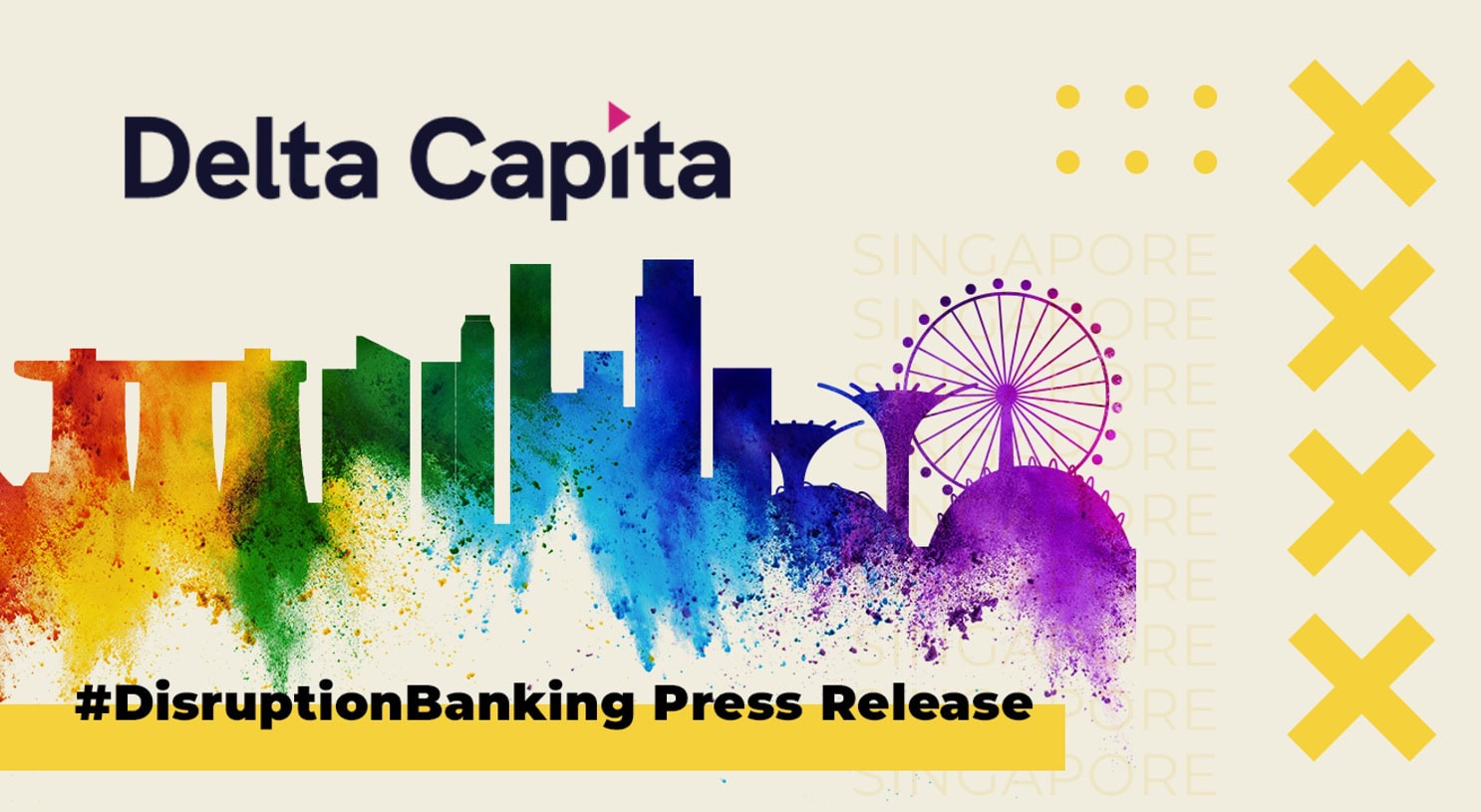The Nigerian Naira (NGN) has had a torrid time on foreign exchange markets.
In February, despite a huge 400 basis points rate increase from the Central Bank of Nigeria that sent the country’s interest rates to a record high of 22.75% in a bid to defend the naira, the currency went to record lows against the dollar.
The naira has recovered slightly since then but is still trading at almost 1400 against the dollar. By way of comparison, at the start of the year, the USD/NGN exchange rate was hovering around the 900 mark.
Nigeria's naira hits a fresh record low against the dollar despite a jumbo interest rate hike by the country's central bank https://t.co/sgpMKptuAz
— Bloomberg (@business) February 28, 2024
The Nigerian currency has been on a downwards spiral since last June, when the new President Bola Tinubu introduced a new forex regime in the West African country. Under the previous administration, led by Muhammadu Buhari, the Nigerian central bank maintained a peg of 197 naira against the dollar to try and maintain a stable exchange rate for foreign investors and keep inflation low on imported goods.
Particularly given Abuja continues to struggle with rising prices, the central bank has consistently demonstrated a willingness to intervene in foreign exchange markets and keep the naira artificially strong.
Tinubu decided to drop these measures as part of a wider programme of economic liberalisation designed to bring Nigeria back into line with international norms and incentivise foreign investment. He has also sought to clear the “fx backlog” caused by a shortage of US dollars in the country, which has seen international companies unable to repatriate their profits earned in Nigeria.
While most mainstream economists believe this to be a necessary measure, Tinubu’s measures have caused political problems at home. Last month, there were largest protests in the western city of Ibadan over cost of living pressures, which the protestors believe is partly the result of decisions related to monetary policy and currency depreciation.
Trade unions have also instigated nationwide strikes over inflation, which is now the worst it has been in three decades.
“Four (4) strikes within nine (9) months of an administration is unacceptable”
— 🐬 @𝗼𝗻𝗲𝗷𝗼𝗯𝗹𝗲𝘀𝘀𝗯𝗼𝘆 (@OneJoblessBoy) February 29, 2024
– Nigeria’s President, Bola Ahmed Tinubupic.twitter.com/gq0sVvvBmY
It in this context that Tinubu has sought to find something else to blame for the weakness of the naira – and he has decided that he should blame crypto.
The government has suggested that cryptocurrencies, and in particular Binance, are to blame for the weakness of the naira. Abuja has demanded almost $10 billion from the cryptoexchanges in compensation from Binance, which is accused of manipulating foreign exchange rates through currency speculation and rate-fixing.
Olayemi Cardoso, the governor of the Nigerian central bank, has said that Binance has moved $26 billion worth of untraceable funds. Given the size of this alleged movement – which is even more than annual Nigerian diaspora remittances – this would potentially have the potential to move foreign exchange rates.
It is certainly true that crypto has more power over Nigeria’s formal economy than is the case in most other markets. After all, crypto transactions are equivalent to about 12% of Nigeria’s total GDP. 35% of adults in the country are believed to be actively trading digital assets, with the volume of crypto transactions surpassing $55 billion between July 2022 and June 2023.
However, is it fair to blame crypto for the weakness of the naira? As Disruption Banking has explored previously, the reasons for the sharp depreciation of Nigeria’s currency are much more fundamental than crypto activity. The naira is weak because it is has been kept artificially strong for years and, now the restrictions are being removed, its true price is being revealed. And that weak price reflects the fundamental weakness of the Nigerian economy.
Indeed, cryptocurrencies in Nigeria are only so popular in the first place because of instability in naira markets – citizens are understandably looking for alternative stores of value amidst rampant inflation and currency depreciation that is eating away at the value of their assets.
The Nigerian government would be better placed trying to address that rather than falsely blaming crypto for the weakness of the naira.
Author: Harry Clynch
#Nigeria #Naira #ForeignExchange #Crypto #Binance















